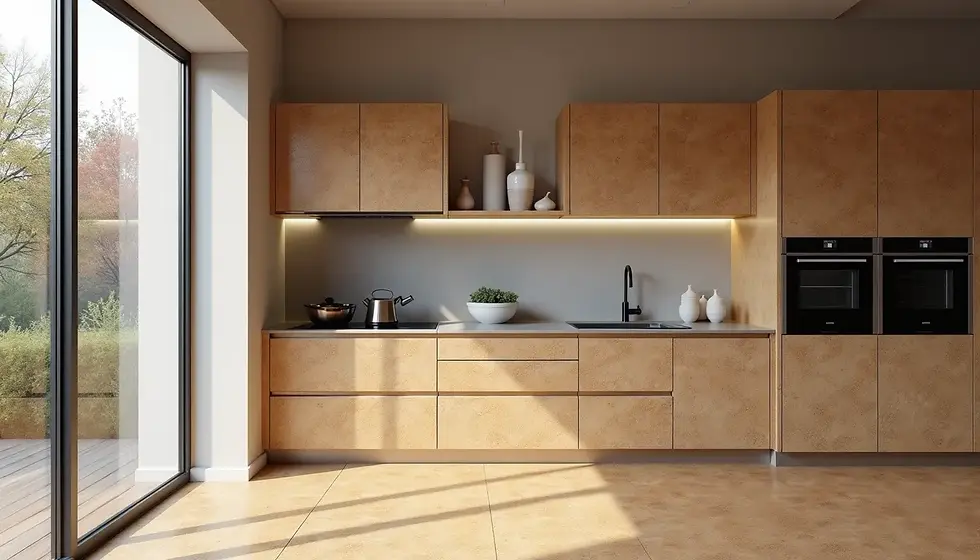Belgium Block: Cost, Uses, and Why It’s Still a Timeless Choice
- Mei-Lin Arora

- Sep 6
- 3 min read
Updated: Sep 12
When it comes to outdoor hardscaping, few materials carry the same old-world charm and durability as Belgium block. These rectangular granite stones—sometimes called “cobblestones”—have been used for centuries in roads, curbs, patios, and driveways. Today, homeowners love them not only for their rugged beauty but also for their ability to handle wear and weather.

What is Belgium block?
Belgium blocks are quarried granite, typically cut into rectangular or square blocks. Unlike modern concrete pavers, they have a natural stone look that instantly adds character to driveways, edging, and patios.
Think of Belgium blocks as the classic jeans of landscaping: rugged, versatile, and always in style.
You’ll often hear people say “Belgium blocks” when referring to different sizes—jumbo, regular, and mini blocks—that suit various projects.
Belgium block cost and pricing factors
Here’s a quick comparison table for clarity:
Belgium Block Size | Cost Per Block | Cost Per Pallet (100–150 pcs) | Best For |
Mini | $3 – $4 | $500 – $600 | Garden edging, walkways |
Regular | $4 – $5.50 | $650 – $750 | Patios, small driveways |
Jumbo | $6 – $7 | $800 – $900 | Driveways, retaining walls |
👉 Installation typically adds $15–$25 per sq. ft., depending on soil prep and labor.
So, what’s the Belgium block cost?
On average:
Belgium block price per stone: $3 – $7 depending on size and finish.
Cost per pallet: $500 – $900 for roughly 100–150 blocks.
Installation cost: $15 – $25 per square foot, including labor.
The final price depends on:
Block size (jumbo costs more than mini).
Delivery fees (especially if searching Belgium block near me).
Labor rates in your region.
Whether you’re building a Belgium block patio, driveway, or edging.
According to HomeAdvisor, natural stone pavers, including Belgium blocks, can significantly raise curb appeal and resale value.
Using Belgium block in landscaping
Belgium blocks shine in a variety of projects:
Driveways – Timeless cobblestone-style surfaces.
Patios – Durable and elegant entertainment spaces.
Edging – Perfect for garden beds, walkways, or driveway borders.
Retaining walls – Smaller projects or accent walls.
A Belgium block patio creates an upscale, rustic aesthetic that concrete or asphalt can’t match.
Pair them with thoughtful landscaping or even modern touches like LED lighting for a stunning finish.
Pros and cons
Pros:
Extremely durable, lasts decades.
Weather-resistant granite.
High-end look that boosts curb appeal.
Low maintenance.
Cons:
Higher upfront cost than standard pavers.
Installation requires skilled labor.
Can shift if not properly set in base material.
The Old House Journal notes that Belgium blocks, while pricier, offer unmatched longevity compared to concrete options.
FAQ
What is Belgium block?
A natural granite stone, cut into rectangular blocks, commonly used for patios, driveways, and edging.
What is the average Belgium block cost?
Expect $3–$7 per block, or $15–$25 per square foot installed.
Is a Belgium block patio worth it?
Yes—while pricier than concrete, it lasts much longer and adds major curb appeal.
Where can I find Belgium block near me?
Check local stone yards, masonry suppliers, or landscaping companies.
What makes Belgium blocks different from pavers?
They’re quarried granite, not manufactured concrete, giving them superior strength and natural beauty.
Final thoughts: classic beauty, modern durability
If you want timeless style and strength, Belgium block is hard to beat. From edging a driveway to building a full Belgium block patio, it’s an investment in beauty and longevity. While the upfront Belgium block price is higher than basic pavers, the payoff is decades of durability and an unmistakably classic look 🏡✨.



Comments